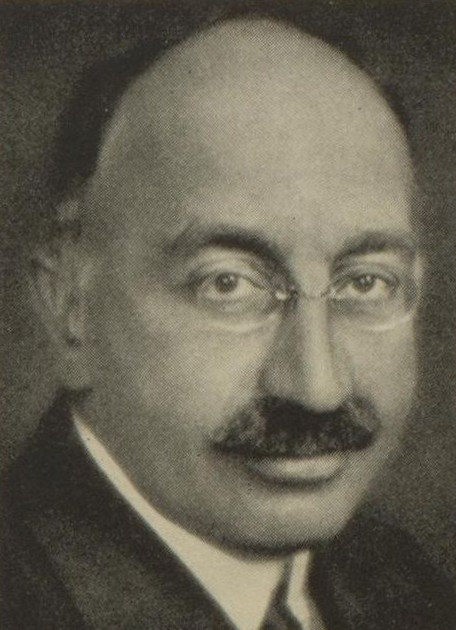Erich Eyck
 Erich Eyck (1878 – 23 June 1964) was a German historian.
Erich Eyck (1878 – 23 June 1964) was a German historian.He was born in Berlin and studied to become a lawyer. Before the First World War one of his clients was the Russian Marxist revolutionary Anatoly Lunacharsky. In 1928 he was elected to the Berlin Town Assembly, standing as a Democrat. Eyck also wrote articles for the ''Vossische Zeitung''. However, following the rise of Adolf Hitler, Eyck emigrated to Britain in 1937, living in Boars Hill, Berkshire and Hampstead, London. He took British nationality after 1945.
From then on he focused on history, writing biographies of Otto von Bismarck and Wilhelm II, as well as a two-volume history of the Weimar Republic. From early on in his life he had admired Britain's liberal political system and his political beliefs influenced his historical work. Eyck wrote that he was "of the Liberal persuasion" and in 1938 he wrote a biography of the Liberal politician William Ewart Gladstone, who was his ideal statesman.
In the early 1940s, he wrote a three-volume biography of Bismarck. According to ''The Times'', Eyck was one of the few people to have read all the evidence concerning Bismarck's career. Karina Urbach has written that as "a lawyer, Eyck despised Bismarck's lack of respect for the rule of law, and as a liberal he passionately condemned Bismarck's cynicism towards liberal, democratic, and humanitarian ideals". Eyck's interpretation was criticised by Hans Rothfels and Franz Schnabel, who argued that Eyck's belief that Germany could have gone down a liberal road was unrealistic and that Germany could have been united only by Bismarck. Gerhard Ritter wrote to Eyck, lamenting that his work would confirm the negative impression people abroad had of German history.
Eyck enjoyed a friendship with Theodor Heuss, the first President of postwar Germany. In 1953 Heuss awarded him the Grand Cross of Merit. Provided by Wikipedia
1
2


